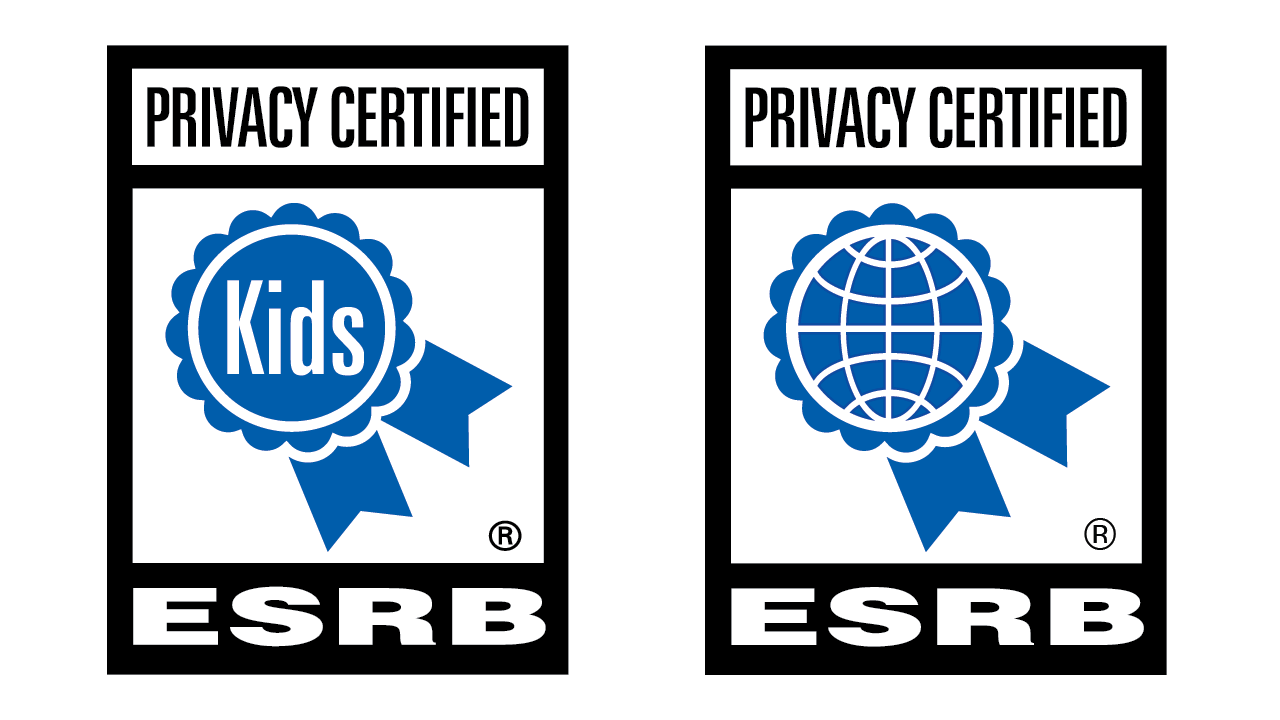Privacy Tips For Parents
Learn simple tips about how you can keep your kids’ personal information safe and help manage how it’s collected, used, and shared.

Be it talking to friends on their smartphone, or jumping into a game of Fortnite, your kids will unavoidably be communicating and sharing information online. When using any devices or service connected to the internet, including games, it’s also a given that some data is going to be collected to make the product work and, in some cases, companies will collect more extensive data to personalize game experiences, serve ads, and offer more in-game features. All of this can raise privacy and safety concerns. The good news is that by taking a few simple measures you can decide how much of your children’s information can be collected, used, and shared, and play an important role teaching them how to stay safe online.
- Explore privacy policies. Privacy may sound complicated but there’s a straightforward way that you can find out how a company collects, uses, and shares personal data. It’s the “privacy policy.” Every online-enabled service – be it a video game, mobile app, or social platform – will have a “privacy policy” that explains all the personal information that it collects and uses. Data collection can range from information the game developer needs to make the product work to a trove of personal information including a user’s name, location, age, and more. A privacy policy will lay this all out. Many video game companies have “short-form” or child-friendly policies summarizing key facts that can help you find out what information is gathered in a game, where it goes, how it gets used, and who to contact if you have a problem or question. And, if your kids are playing a game on a mobile device, you can also check out Google’s Data Safety Form or Apple’s Privacy Labels for apps that your child wants to play. These summaries allow you to view an app’s privacy practices in easy-to-understand formats before you give your children permission to download it.
- Choose privacy settings. All video game devices, including consoles, offer a suite of parental controls that include default privacy settings for children. You can adjust the privacy settings of consoles and use similar features on platforms and popular devices to help protect your children’s safety and privacy. This includes settings for data collection and use, as well as settings that limit whom your child can share their profile with and who is able to search for your child in a game. You can also look for settings that allow you to limit features your kids may want to use like chat functions and voice and messaging recording. You can always adjust the settings as your kids mature and gain experience protecting themselves online.
- Always put in your kids’ accurate ages! This is extremely important – especially for kids under the age of 13. The Federal Trade Commission (FTC) requires companies to follow the federal Children’s Online Privacy Protection Act (COPPA), meaning they are not allowed to collect personal information from children under the age of 13 without verifiable parental consent. Beyond COPPA, many states have privacy laws that provide additional protections for teens. For example, some prohibit companies from selling or sharing teenager’s (typically age 13-16) personal information without their consent or the consent of their parent or guardian. These laws are in place to prevent the collection and sale of your kids’ information (and more!), so make sure your children understand the importance of being honest about their age when asked for their birthdate when entering a website or registering for games or devices!
- Discuss ground rules for online play. Many kids may be tempted to share information with their teammates when playing online. It may seem perfectly innocent – and in many cases it is – but some of this information can be used to guess passwords and other important life details or even create extensive profiles about them. Unless your kids are playing with friends they know in real life, they should know never to give out their real name, location (state, town, street name, etc.), school, or anything that can be traced back to them. To add a layer of protection to this, you may even want to set up parental controls to ensure that your kids can only communicate online with their real-life friends and family when playing games online.
- Look for ESRB Privacy Certified Seals. ESRB Privacy Certified (EPC) is a membership-based privacy compliance program that works mostly with companies in the toy and video game industries. EPC will review a company’s products (websites, apps, connected toys, and more) to make sure they are implementing lawful, transparent, and responsible privacy practices, including complying with COPPA and state privacy laws. This means that when you see one of the two EPC seals on a company’s website or in a game or app’s privacy policy that you can rest assured that the product complies with applicable laws and privacy practices are properly and fully disclosed.

 Selecting Appropriate Video Games
Selecting Appropriate Video Games  Establishing Household Rules
Establishing Household Rules  Child Accounts and Parental Controls
Child Accounts and Parental Controls  Playing Multiplayer Games Online
Playing Multiplayer Games Online  Managing Screen Time
Managing Screen Time